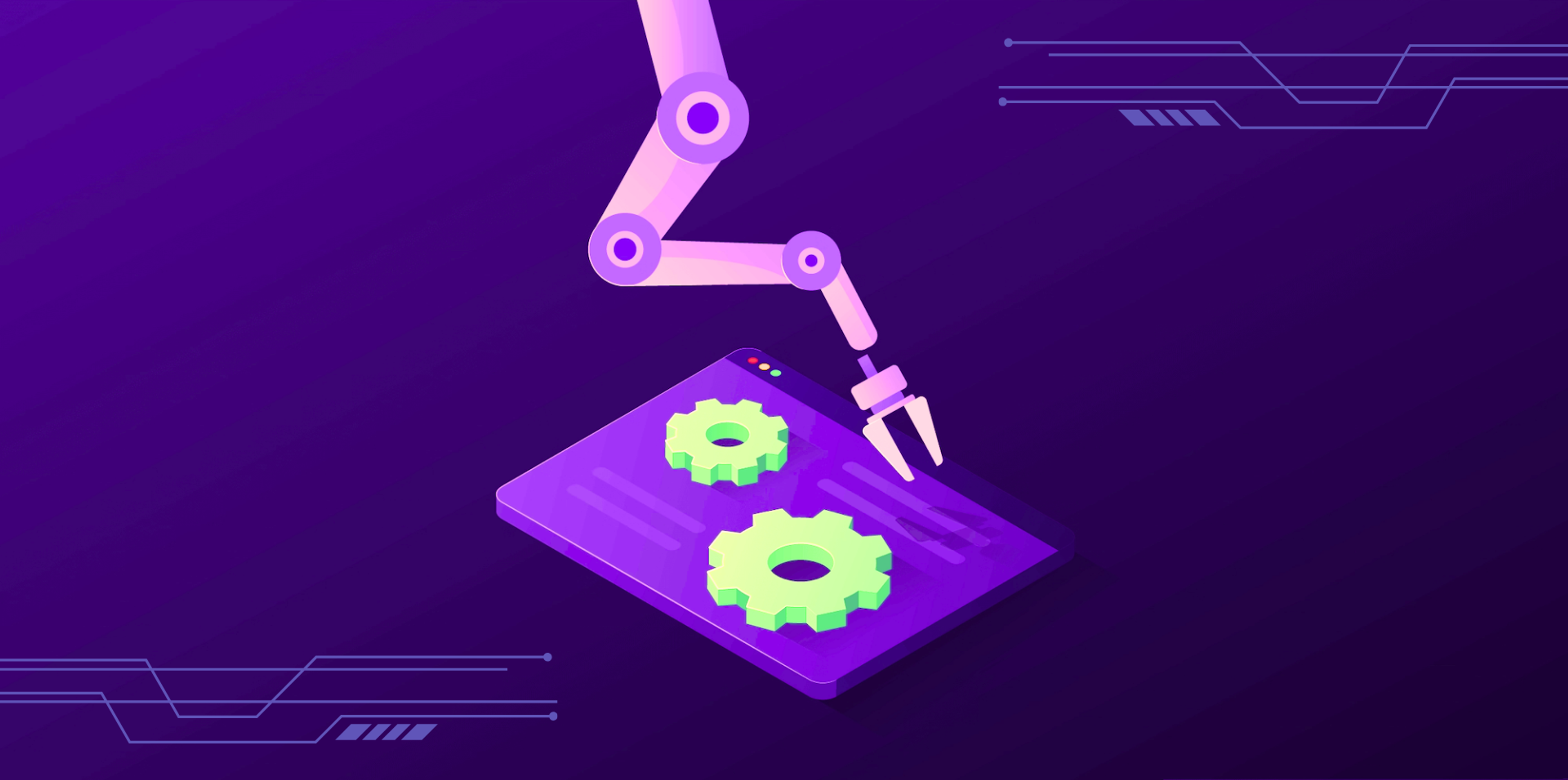AI, or Artificial Intelligence, refers to the development of computer systems that can perform tasks that typically require human intelligence, such as visual perception, speech recognition, decision-making, and language translation. AI technologies are designed to learn and improve over time, based on data and algorithms.
The use of AI is becoming increasingly widespread in many areas of our lives, from virtual assistants like Siri and Alexa, to self-driving cars and medical diagnosis systems. AI has the potential to revolutionize many industries and make our lives easier and more efficient, but it also raises important questions about privacy, security, and the impact of AI on jobs and society as a whole.
Let’s explore how we're incorporating AI into our daily lives:
1. Smart Assistants: AI-powered virtual assistants, such as Apple's Siri, Amazon's Alexa, and Google Assistant, are becoming more and more common in homes and can perform tasks such as setting reminders, answering questions, and controlling other smart devices.
2. Customer Service: AI is being used to provide automated customer service, such as chatbots that can answer basic questions and provide information.
3. Personalized Recommendations: AI algorithms are being used to analyze consumer behavior and provide personalized recommendations, such as suggested products or content. This is common in online retail and streaming services.
4. Healthcare: AI is being used in healthcare to improve patient outcomes and streamline processes, such as image analysis for diagnosis, drug discovery, and personalized treatment plans.
5. Transportation: AI is being used in the development of self-driving cars and in traffic management systems to optimize routes and reduce congestion.
6. Finance: AI is being used in finance to analyze market trends, identify fraud, and automate many financial processes.
7. Manufacturing: AI is being used to improve efficiency and productivity in manufacturing, through tasks such as predictive maintenance, quality control, and process optimization.
At the heart of it, artificial intelligence is used in practical assistants - chatbots, banks, social media, smart cars, online shopping, healthcare, travel, and surveillance.
AI - The Emerging Technology
Artificial intelligence plays a significant role in our daily life. Artificial intelligence provides improved efficiency, better decision-making, and enhanced security. Precisely, machines don’t get exhausted, in contrast to humans, machines work unendingly without breaks and are available at all times.
- AI can automate many tasks, allowing humans to focus on higher-level tasks.
- AI can be used to develop new technologies and products, leading to increased innovation.
- It provides personalized experiences for customers, such as chatbots for customer services.
- AI decreases human errors thus providing efficient outcomes.
As every viewpoint has two sides, every artificial intelligence application has its own pros and cons. Let’s explore AI’s flaws:
- AI systems can be vulnerable to hacking and any other forms of cyber attacks.
- AI algorithms can be biased, leading to discriminatory outcomes and perpetuating existing social and economic inequalities.
- AI can collect and use large amounts of personal data, raising privacy concerns and the risk of data breaches.
- With complexity comes the cost, which makes sense that AI-driven machines can be expensive and specific.
- Above all, artificial intelligence has the potential to automate many jobs, leading to job loss and economic disruption.
AI is significant because it has the potential to transform and improve many aspects of our lives, from business and industry to healthcare and the environment. However, as we embrace the benefits of AI, we must also be mindful of its potential risks and ethical implications, and strive to ensure that its development and deployment align with our values and goals as a human civilization.
About Shruthi Ambati
3rd year CSE undergrad | Pythonista | Web Developer | Unity 3D Developer | Member of GDSC | Bibliomane
